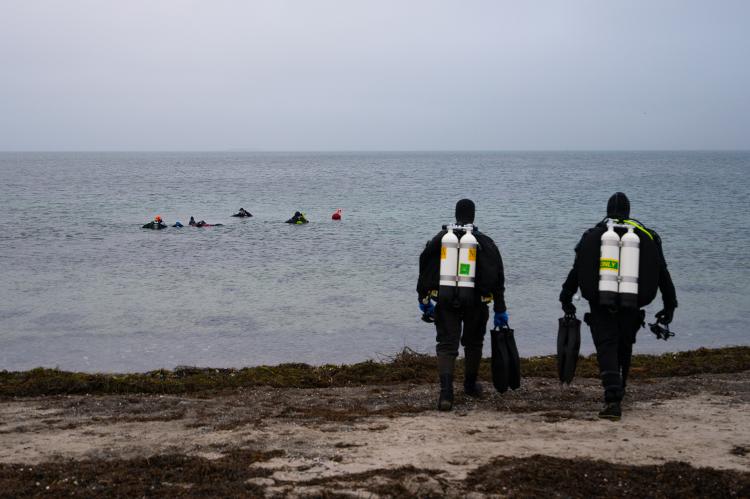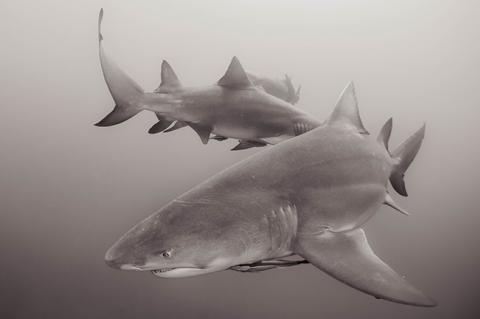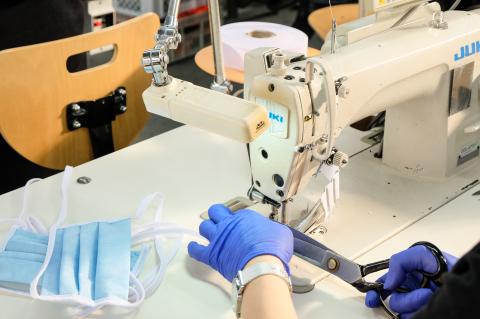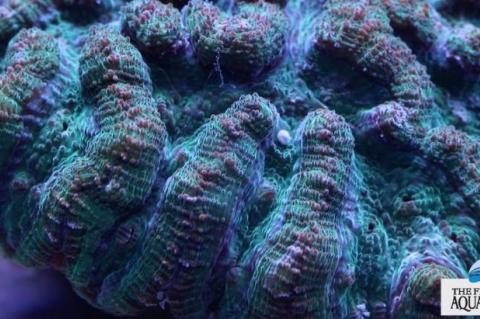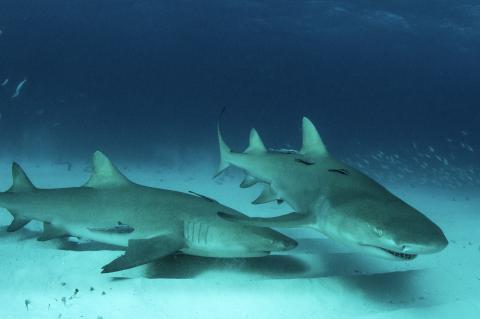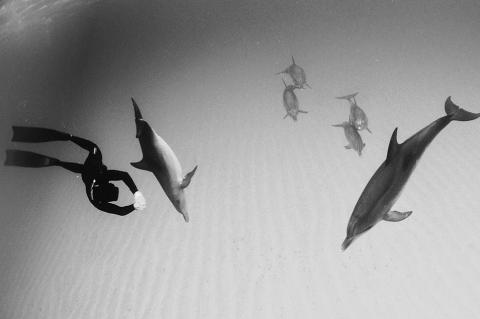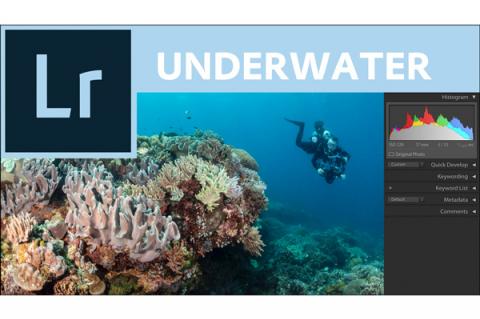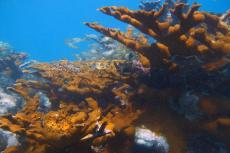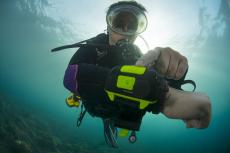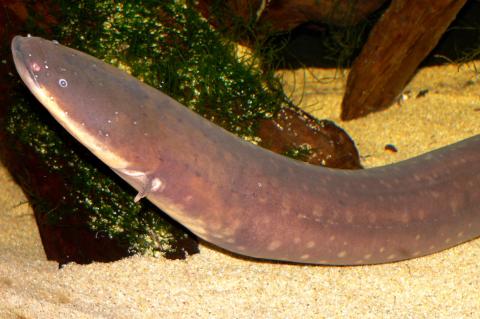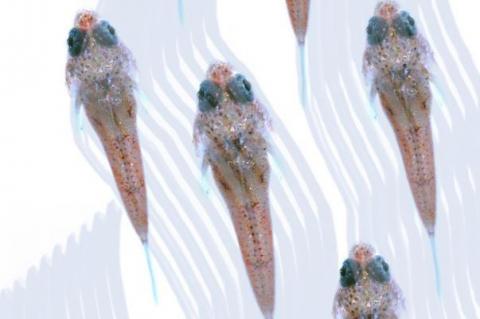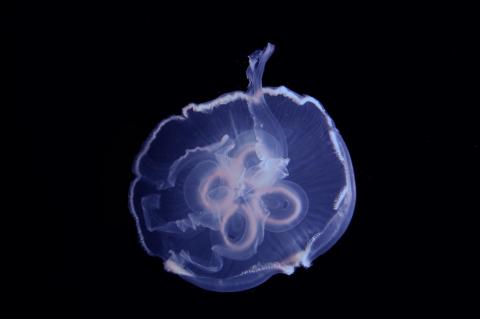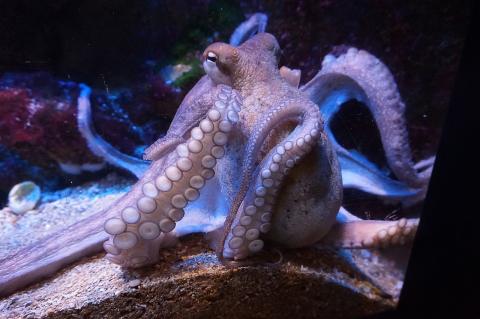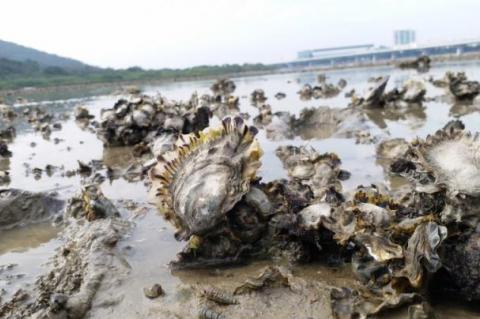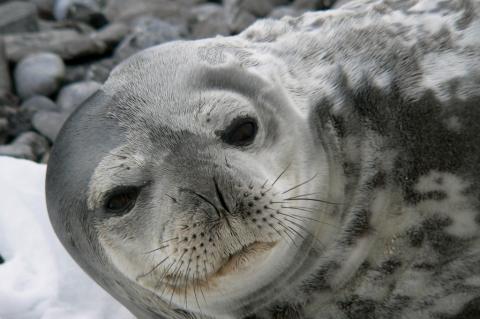Where are we heading?
Can the dive industry adapt to COVID-19? And how? What new realities await the dive industry in the post-coronavirus era?
Last week, our good colleague Stephan Wheelan wrote an excellent recap "The Day the Diving Stood Still" - Is the diving industry facing an existential threat from coronavirus?" on his website, DeeperBlue. It is close to what I had originally intended to post here today, but Stephan beat me to it. Instead, let me expand a bit upon the matter.
In a recent survey conducted by dive industry analyst William Cline and published on 23 April, most dive businesses responded that they expected the COVID-19 outbreak to have a significant impact on their gross income for the foreseeable future.
Less than 4% of the 178 businesses that responded expected the outbreak to have little or no impact on future income, while on the opposite end of the scale, 10% expected to go out of business. Nine percent stated their company had completely closed and was currently no longer in business. About half had to lay off staff or ask staff to take pay cuts to remain employees, and around 85% had applied for government assistance, loans or grants.
Is it all doom and gloom?
Noting that Cline's survey was conducted right as the outbreak was on its ascendancy and many countries were, at the time, either already in lockdown or still in the process of implementing restrictions, this was when the sense of alarm and uncertainty would have been at its greatest. In other words, people were interviewed when the propensity to panic was at its worst.
The outbreak has since plateaued and come somewhat under control in a number of countries. Notably, most of Europe seems to be past the peak, or at least the first peak, as social distancing seems to have been effective in curbing the outbreak. Consequently, a number of countries are either already in the process of reopening societies, at least partially, or have announced plans to do so.
Open for business
Dive stores are still in business and serving customers. While being a far cry from a comprehensive and statistically significant survey, a number of direct inquiries we made with a small number of dive stores over the phone revealed that most are being affected and sales are somewhat down, but they are coping, and several even stated they were reasonably busy.
A common theme was that consumers seemed wary of spending money, which is a typical behaviour in times of uncertainty or crisis. Most acknowledged that this was a known reaction and expected business to bounce back somewhat in the medium-term but probably not fully. This is also in line with what a number of leading economists have stated recently; they expect a rapid recovery, but the economy would not quite get back up to previous levels at once.
Granted, there have already been a number of bankruptcies or companies entering administration, either as a direct result of COVID-19 or because they were already vulnerable before the outbreak and may now have been pushed over the edge. As one notable casualty, it has been confirmed that the award-winning, UK-based dive business Simply Scuba has gone into administration.
One of the retailers made the salient point that dive travel is a potent driver of sales, also locally, which corroborates the statement Jim Standing of Fourth Element made to DeeperBlue. Many customers come into shops because they dream of or have plans to go on some dive trip and explore some reefs and exotic fishes—or they buy some equipment for their upcoming trip. The proportion of customers who are primarily local divers, or dive locally in addition to their dive trips abroad, is a smaller part of the the clientele.
The well-being of the dive industry is intrinsically linked to that of the travel industry, and as long as airplanes remain parked on the ground, the sector is going to be significantly impacted.

Local diving recommencing
Local diving seems to be recommencing in some countries, depending on what local regulations permit. Supervised or guided dives at various local spots are now on the calendar again and off to at least a modest start. One Italian operator explained how he hands out masks for clients to wear aboard his dive boat and everyone is supposed to sit at least one metre apart.
Precautions
Social distancing has proved to be quite an effective tool in quelling the virus outbreak. It is an unfortunate choice of words, however, because it is really not about not being social but rather about keeping a physical distance from other people. Diving is a social activity and something that is done in the company of others, so this poses a challenge, forcing a change of habits, which can be hard to break.
There are, of course, a number of guidelines to observe—in particular, regarding hygiene and making sure no virus is transferred to another person via surfaces or equipment. Divers Alert Network (DAN) has posted some guidelines here.
We will go into more detail on how to dive and stay safe from the coronavirus in the next issue (#98) of our magazine, which is due out in early May. So stay tuned!
Dive travel
Operators that serve dive travellers and holiday-makers, such as the resorts and liveaboards in the tropics, comprise the sector that will probably be hit the hardest and for the longest period of time. Leisure travel has all but come to an abrupt end for the time being. Borders remain closed and airlines have parked most of their fleets. Many of you may have seen the images in the news of mothballed aircraft lined up on what are now unused taxiways and runways.
Even as some countries appear to have quelled the outbreak, it seems unlikely that they will reopen their borders any time soon. Both politics and psychology will probably have significant roles to play, regarding when borders will reopen and travel bans are lifted.
Will we be spooked?
Once we are allowed to go travelling again, will we want to? Probably not right away, as far as most of us are concerned. When will we once again feel comfortable boarding a plane and spending many hours on end crammed together with 300 to 400 strangers locked in a metal tube?
And perhaps there is the fear that we might get stuck in some far-flung foreign land and unable to get home if there is another outbreak. As of this article's posting, the last few of the cruise liners that were stuck at sea with passengers sick from the virus have finally been allowed back into port.
I wonder if we have been spooked. If so, it will take a while to wear off—perhaps until a vaccine comes around.
Adapting to a new reality, post-COVID-19
The famous Danish humorist-satirist-philosopher, Robert Storm Petersen (1882-1949), once mused, "It is hard to make predictions—especially about the future."
Indeed, it is hard to say what the dive industry will experience in the days and months to come. Most of us are binge-watching the news, so, in that regard, we are all on equal footing. Evidently, in the short term, the dive community is taking a real beating, and many entities are facing an uncertainty that must be terrifying.
But it is also true that nearly everyday, we are learning something new about this coronavirus outbreak, and the science on the matter is progressing at faster and faster speeds. For instance, the news just broke that the antiviral drug Remdesivir shows promise for treating coronavirus in a big peer-reviewed study. This is not "Facebook Karen" saying so. The study was sponsored by US National Institute of Allergy and Infectious Diseases, which Dr. Anthony Fauci leads and which is part of the National Institutes of Health.
Humans are an ingenious, innovative and adaptive species. Members of the dive industry are even more so. There are still challenging times ahead of us all, but there will be another side to this outbreak. In the short term, there will be various restrictions with which we must comply, as well as adaptations in the way we do things, which may gradually be eased as a vaccine is made readily available or the outbreak burns itself out.
The limitations may come as an inconvenience, preventing us from going ahead with certain plans, but they are, in all likelihood, just temporary measures, which are in place to ensure we can live to dive another day.
Now this is not the end. It is not even the beginning of the end. But it is, perhaps, the end of the beginning.
— Winston Churchill



